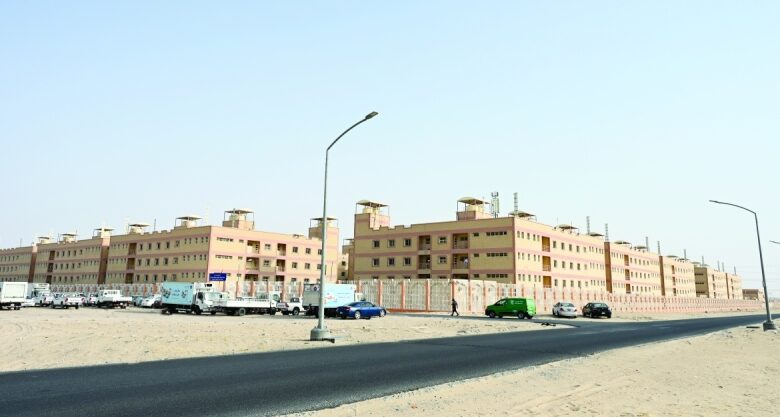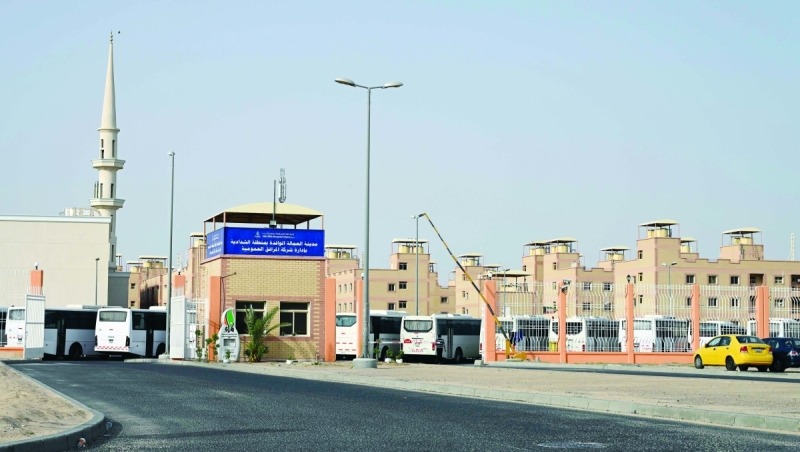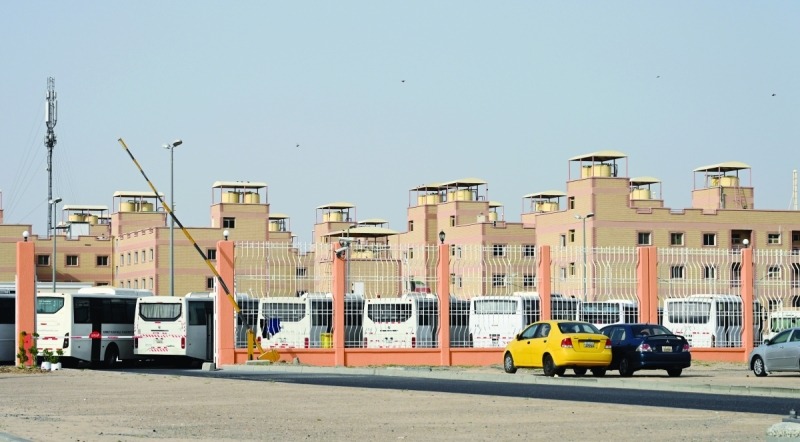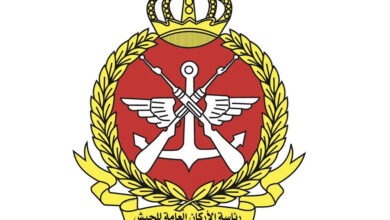Govt unveils strategic plan for organized expat housing amid rising population pressures

In response to growing population pressures and rapid urban expansion, Kuwait is intensifying efforts to regulate housing for migrant workers, particularly single men, to preserve their dignity and reduce overcrowding in residential areas.
The recent security raids in areas like Jleeb Al-Shuyoukh uncovered severe violations in the so-called “bachelor housing,” where basic safety and health standards were lacking, transforming the areas ghetto-like hubs for crime.

A government report reveals plans for an expanded, professional approach to urban planning, focusing on 12 new model workers’ housing complexes to complement existing workers’ cities.
These projects will be built to the highest environmental and planning standards in selected locations outside family residential zones.

Currently, four workers’ cities accommodate around 20,000 residents, but the new complexes aim to house approximately 275,000 workers across Jahra and Ahmadi Governorates, redistributing bachelors from private neighborhoods into designated, well-managed communities.
Starting last April, construction began on a 40,000-square-meter complex in Subhan, with additional large-scale projects underway in Amghara and northern West Shuaiba — expected to accommodate thousands more workers.
The Public Utilities Company manages existing workers’ cities and plans significant expansions to increase capacity.
These complexes feature balanced urban designs with allocated areas for housing, commercial activities, services, green spaces, infrastructure, and internal roads, creating integrated environments that prioritize health, safety, and quality of life.
The persistent housing crisis, highlighted by repeated security issues in Jleeb Al-Shuyoukh, underscores the urgency of this initiative, which not only addresses humanitarian and urban challenges but also serves as a crucial security measure by reducing slum-like conditions that facilitate crime.
Developers and officials emphasize that organized worker housing near industrial and commercial zones improves living conditions, enhances security oversight, and eases pressure on family residential areas, thus investing in both societal stability and the dignity of expatriate workers living in Kuwait.
Follow The Times Kuwait on X, Instagram and Facebook for the latest news updates












